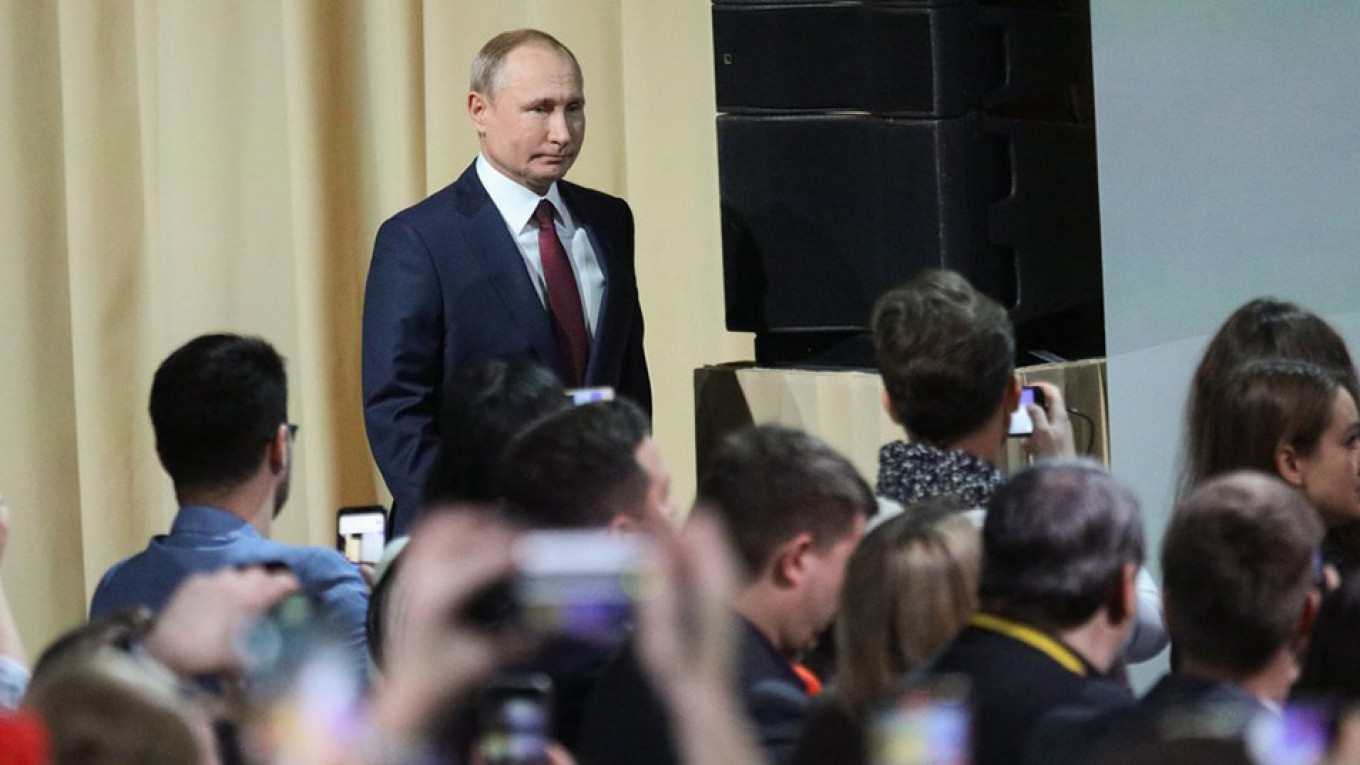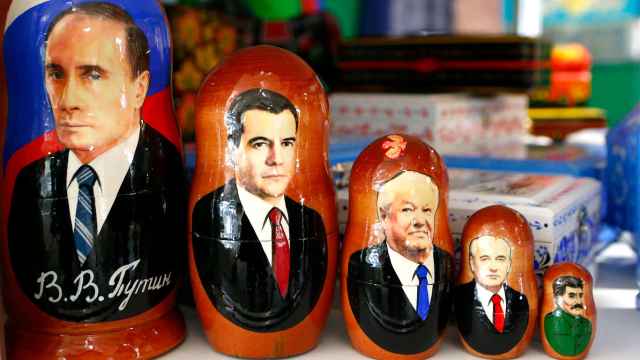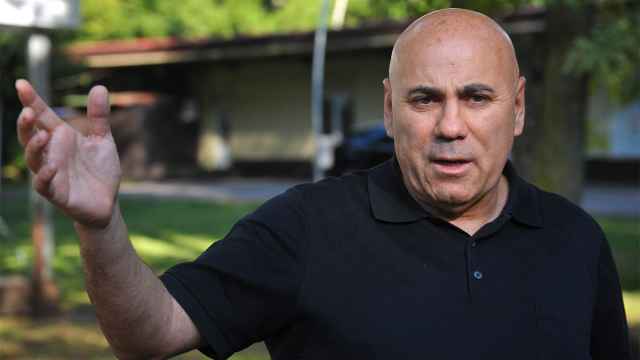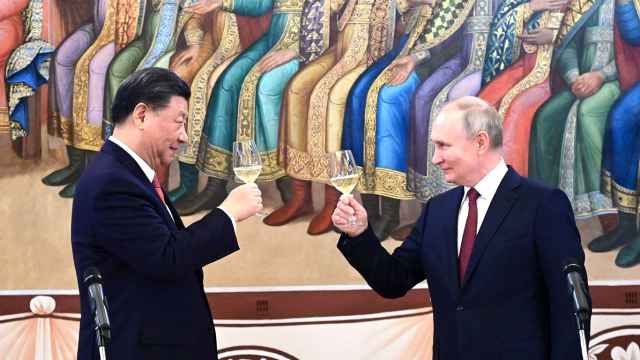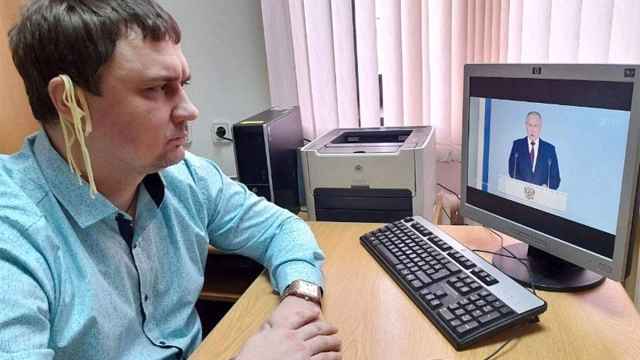Russian presidents could be made immune from criminal prosecution once they leave office under proposed constitutional reforms, a senior lawmaker said on Tuesday.
The proposal, made by a parliamentary working group, comes after President Vladimir Putin last month announced sweeping reforms to the political system that would shift some powers away from the presidency.
Putin's initiatives, which were followed by a government shake-up, are widely seen as a way to allow him to extend his grip on power after his term ends in 2024.
The proposals by the parliamentary working group assessing Putin's reforms include making former presidents immune from criminal prosecution, said Pavel Krashennikov, the group's co-chair.
"The president of Russia, having ceased to exercise his powers, has immunity. We have this (proposed reform)," he said at a working group meeting, the state-run RIA news agency reported.
Kremlin spokesman Dmitry Peskov told reporters he would not comment on the working group's proposal at this stage.
Krashennikov had said earlier this month that Russian presidents could be made senators for life after their term. Lawmakers in the lower and upper houses of parliament are immune to criminal prosecution under Russian law.
The working group has already put forward an array of other proposals, including one that would change Putin's job description to Supreme Ruler from the head of state.
Russia's lower house of parliament has already backed Putin's proposed reforms in a vote last month.
For the group's proposals to be adopted, they must be approved by the lower house of parliament in two further votes before being voted on by the upper house, reviewed by regional parliaments and then signed by Putin.
Putin has said that the proposed changes would be put to a nationwide vote, but a date has yet to be set.
A Message from The Moscow Times:
Dear readers,
We are facing unprecedented challenges. Russia's Prosecutor General's Office has designated The Moscow Times as an "undesirable" organization, criminalizing our work and putting our staff at risk of prosecution. This follows our earlier unjust labeling as a "foreign agent."
These actions are direct attempts to silence independent journalism in Russia. The authorities claim our work "discredits the decisions of the Russian leadership." We see things differently: we strive to provide accurate, unbiased reporting on Russia.
We, the journalists of The Moscow Times, refuse to be silenced. But to continue our work, we need your help.
Your support, no matter how small, makes a world of difference. If you can, please support us monthly starting from just $2. It's quick to set up, and every contribution makes a significant impact.
By supporting The Moscow Times, you're defending open, independent journalism in the face of repression. Thank you for standing with us.
Remind me later.



